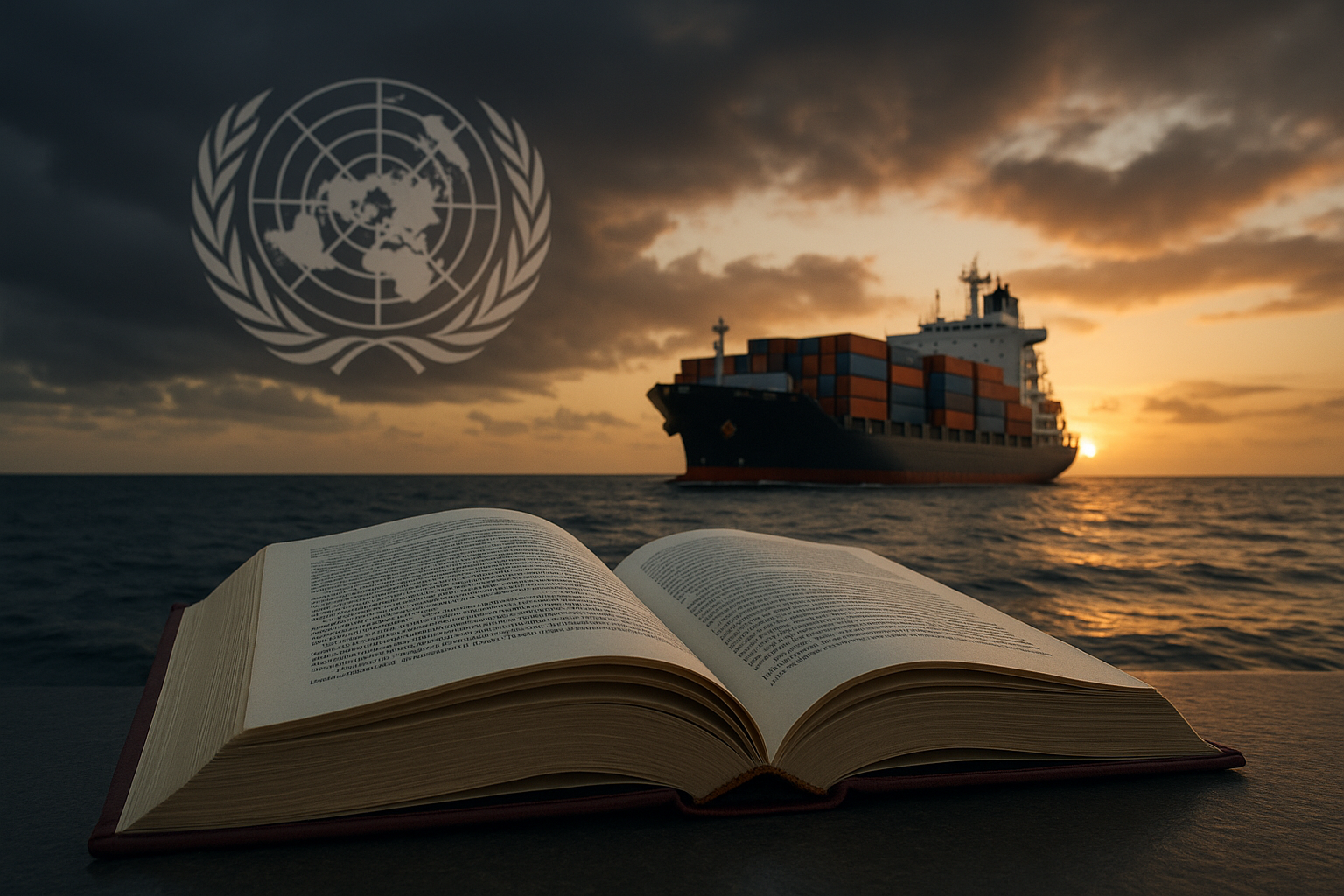Decoding the Intricacies of International Maritime Law and Its Global Implications
The vast expanse of the world's oceans, covering nearly three-quarters of the planet, is governed by a complex network of laws and treaties. A deep dive into the intricacies of International Maritime Law reveals its profound impact on global trade, environmental conservation, and geopolitical dynamics.

Background: The Making of Maritime Law
International Maritime Law, also known as the Law of the Sea, is a body of international law governing maritime issues. This legal framework’s inception dates back to the 17th century when Dutch jurist Hugo Grotius proposed the principle of ‘freedom of the seas.’
The formulation of international maritime law has evolved over centuries and is primarily codified in the United Nations Convention on the Law of the Sea (UNCLOS). This treaty, signed in 1982, outlines the legal framework within which all activities in the oceans and seas must be carried out.
Current Developments: New Waves in Maritime Law
The dynamism of the global environment necessitates constant updates and revisions to International Maritime Law. The most recent developments have revolved around environmental protection, piracy, and territorial disputes.
Regarding environmental protection, the International Maritime Organization (IMO) has updated regulations to reduce marine pollution. The growing threat of piracy, especially in regions like the Gulf of Aden, has led to the strengthening of anti-piracy laws. Meanwhile, territorial disputes, such as those in the South China Sea, continue to test the robustness of maritime boundaries established by UNCLOS.
Law in Action: Impact and Implications
The implications of International Maritime Law are profound and far-reaching. Around 90% of the world’s trade is seaborne, making maritime law essential for global commerce. It also plays a crucial role in conserving marine biodiversity and combating climate change through regulations on pollution and overfishing.
Moreover, maritime law has significant geopolitical implications. It is often at the center of territorial disputes and tensions, as seen in the South China Sea and Arctic regions.
Legal Veracity: Research-Backed Facts
The importance of International Maritime Law is underscored by the breadth of its acceptance. To date, 167 countries and the European Union have ratified UNCLOS, highlighting its universal acceptance. The increase in piracy incidents, with 195 attacks reported globally in 2020, accentuates the need for robust maritime security laws.
Navigating the Seas of Future Legislation
International Maritime Law remains a critical component of global governance. As the world grapples with new challenges like climate change, maritime security, and territorial disputes, the law of the sea will continue to evolve. It is a clear testament to the power of international cooperation and the rule of law in managing shared global resources. By understanding its intricacies, we can better appreciate its impact on our interconnected world.




